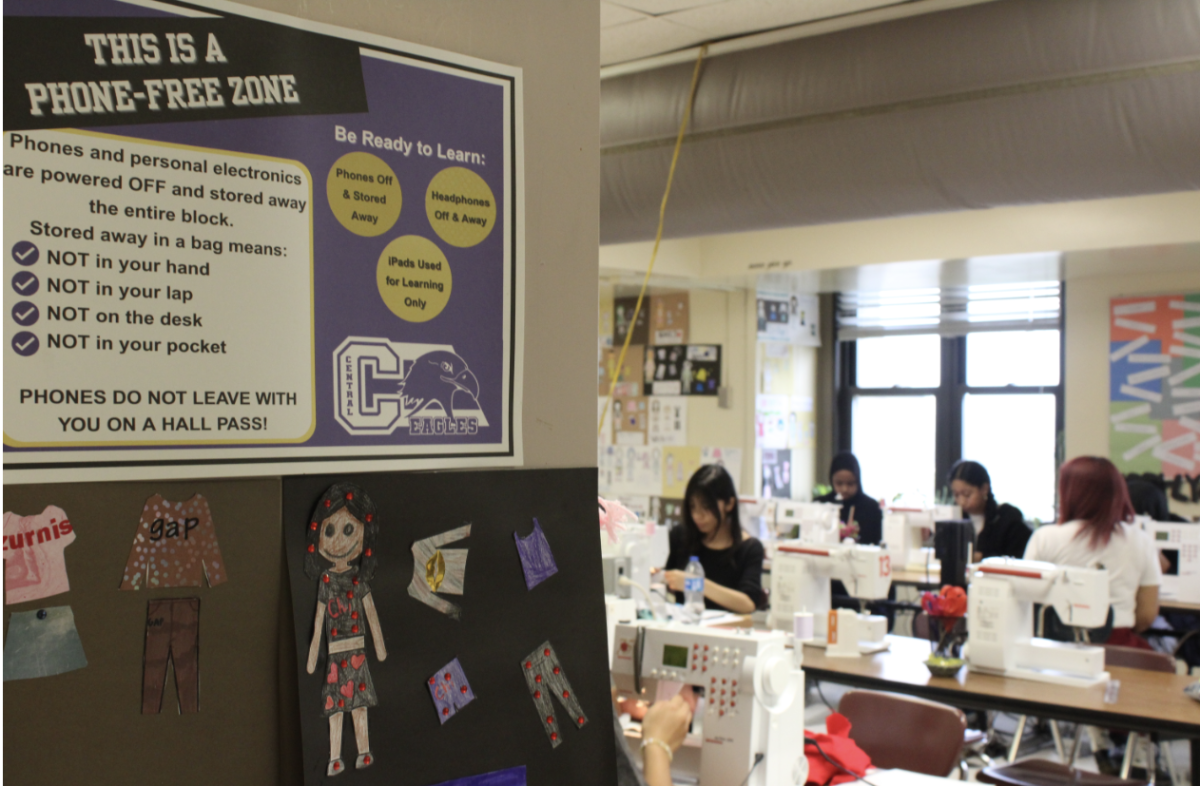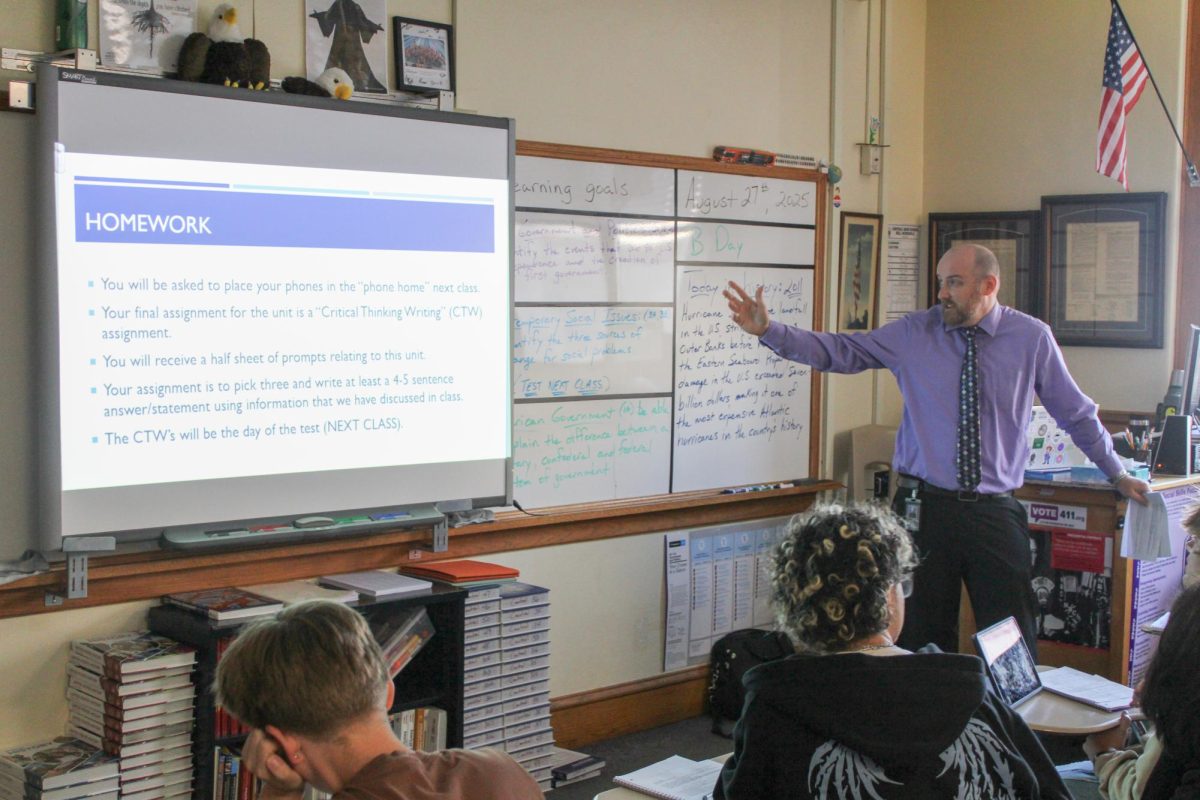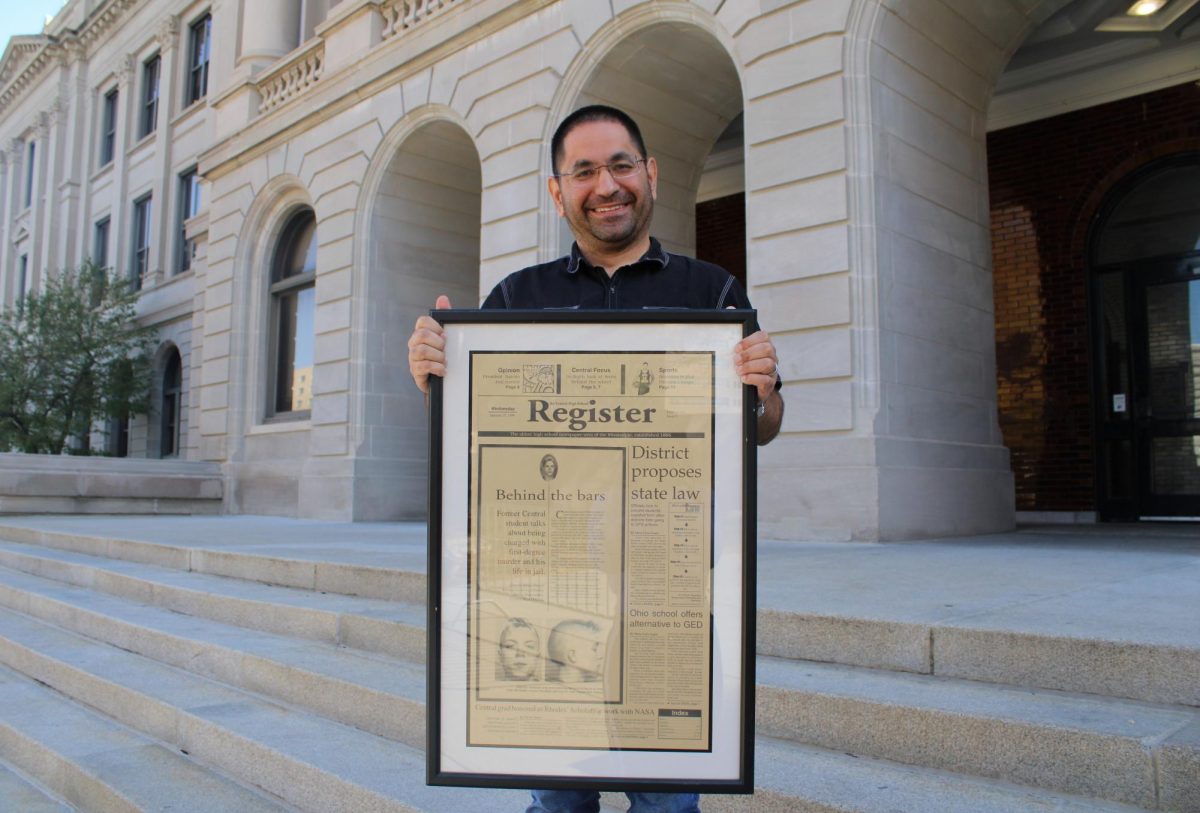Sex trafficking is often portrayed by American pop culture as something that only occurs in the seedy underbelly of society. Victims are presented as foreign women desperate to escape the perils of their situations, and traffickers are depicted as powerful, glamorous men with influence.
According to a Central alum who just published a book on the subject, this portrayal is almost completely wrong.
News reporter and investigative journalist Brian Joseph set out to shatter these stereotypes and reveal the harsh realities of domestic trafficking in the United States in his book “Vegas Concierge,” which chronicles over a decade’s worth of investigative work.
Released on Oct. 1, “Vegas Concierge” uses public and private records, as well as first-person accounts, to show how intricate sex work networks span luxury hotel rooms, police departments and even newsrooms. Joseph set out to expose how law enforcement trips up, and how self-interest compromised some of Nevada’s biggest news organizations.
Joseph hopes his book can serve as a starting point for a nuanced conversation about domestic sex trafficking.
“My belief is that pop culture has skewed the way that American society, particularly policymakers in Washington and in our state capitals, look at this issue and simply do not have a clear picture of what is going on in the United States,” he said.
Joseph addresses many sensitive topics in “Vegas Concierge,” including corruption, media ethics and, of course, sex trafficking, which require a more in-depth approach. This approach is what forms the foundation of the book. Writing about sex trafficking victims is already a difficult endeavor, especially when they have been mistreated for so much of their lives. Joseph spent a significant amount of time during his investigation establishing trust and building relationships with the victims he spoke to.
The Central alum, who graduated in 1999, first became interested in journalism after joining The Register. Joseph ended up taking journalism on a whim his sophomore year after the advisor, Matt Deabler, spoke to his English class.
“The advisor was talking about the ethics of journalism and as a journalist you had to tell the truth, even if you were the only person that knew the truth. And I just remember sitting there in my desk going, that’s something I could really get behind,” Joseph said.
“For some people, their world in high school is the football team, or the basketball team. My world was The Register.”
It wasn’t until college Joseph discovered his love for investigative journalism. He is a graduate of the University of Missouri, Columbia, which has one of the best journalism programs in the U.S. Missouri is also where Investigative Reporters and Editors, a nonprofit organization focused on investigative journalism, is located.
“I have done countless breaking news stories over the course of my life. That has never satisfied me nearly as much as long, in-depth work; getting to really know my sources, getting to really know an issue, and the taking the time to craft something in a meaningful way,” Joseph said.
What’s next for Joseph is a mystery to him. Although he would love to continue working in journalism, he doesn’t see it in his future. He lost his job at the Las Vegas Review-Journal over the length of time his investigation into sex trafficking was taking and disagreements about whether to identify trafficking survivors and victims, and the split is a subject in the book.
“It is no secret that the news industry is struggling mightily these days,” Joseph said.
Based on the Pew Research Center’s analysis of financial statements from publicly traded newspaper companies, the total estimated advertising revenue for the newspaper industry in 2022 was $9.8. billion. This is down approximately 68% from $30.6 billion in 1992.
Joseph noted that the news industry’s current business model leaves little place for in-depth pieces. “The basic economics of journalism is that journalism takes time and money to do it well,” Joseph said. In fact, he spent $3,000 of his own money on documents for the book.
In a digital age where news is more accessible than ever, many people now expect their news to be disseminated faster, and in real time. Reporters are expected to produce multiple stories a day, often with quick, surface-level reporting.
“That’s not the kind of work I want to do with my life. I want to do work that’s meaningful and has meaning to the general public,” Joseph said.























